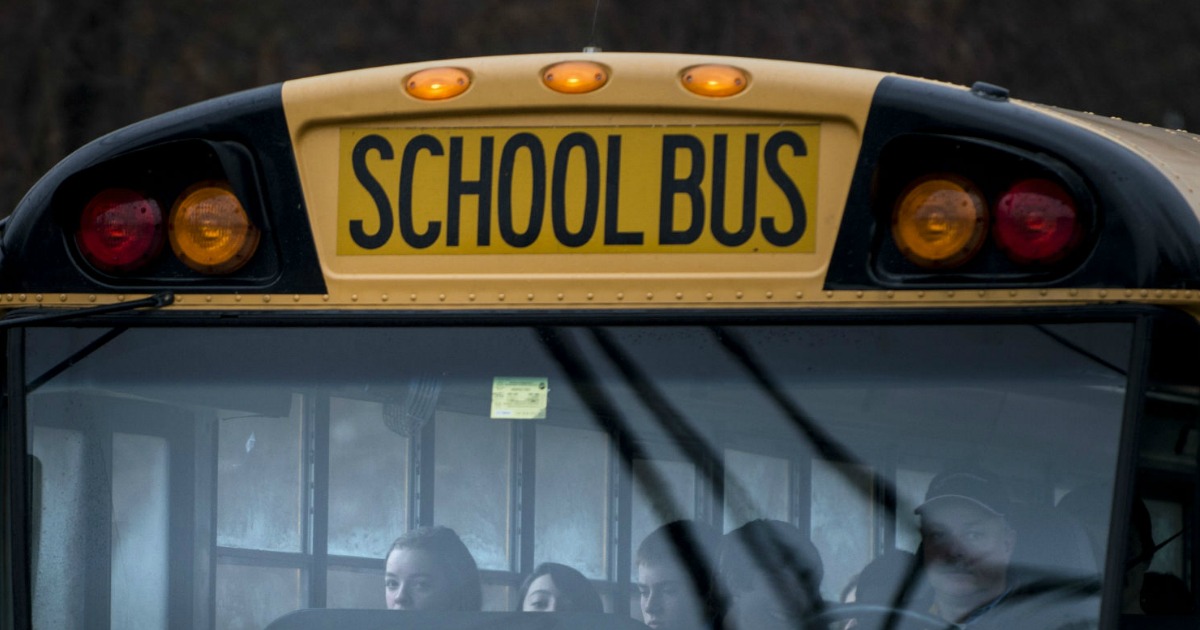Indiana could make it even more difficult for kids to get a LGBT-inclusive sex education

(Getty)
The US state of Indiana could be set to make it even more difficult for kids to get access to LGBT-inclusive sex and relationships education.
The Senate in the state has passed a bill which would mean instead of opt-out for kids whose parents do not want them to attend the human sexuality classes, it will now be opt-in.
Sex education is not compulsory in the state, and there is no official record of which schools provide sex education, nor what they teach in the class.
And if there is the potential for “controversial” content in the human relationships classes, parents are sometimes informed of the class, on a case-by-case basis.

Officially, the Indiana Department of Education requires schools wanting to teach sex education to teach abstinence “as the expected standard for all school-age children.”
And this week things went from bad to worse for advocates of LGBT-inclusive sex education.
Senate Bill 65, which would mean that parents would need to opt-in their children to get sex education, passed in the state Senate with 37-12 votes.
The bill will now go to the House for further scrutiny.
Its sponsor, Senator Dennis Kruse, said: “If anything needed an opt-in parental consent, it’s human sexuality study.”
“I think people pretty well know what’s good, and what’s proper, and what’s moral and what’s not moral,” Kruse added, speaking on the Indiana Senate floor.
Co-authors on the bill were Senator Blake Doriot and Senator Michael Young.
But Kruse has voted against same-sex marriage and was one of the co-sponsors on the state’s “religious freedom” law, seen as a license to discriminate against LGBT people in the name of religion.

(Getty)
As well as requiring opt-in for sex education, the bill would also mean that the state has to make all schools available for inspection on the materials used in the classes.
Contacting more than 200 school districts himself, Democratic Senator Karen Tallian found that 149 districts were responsive, and 131 out of those said they ran a sex education programme.
Amendments to the bill have been tabled but have failed. One included changing the opt-in to an opt-out.
And Talian also attempted to stall the bill by sending it back for further study on how many schools and in what way sex education is being taught currently.

